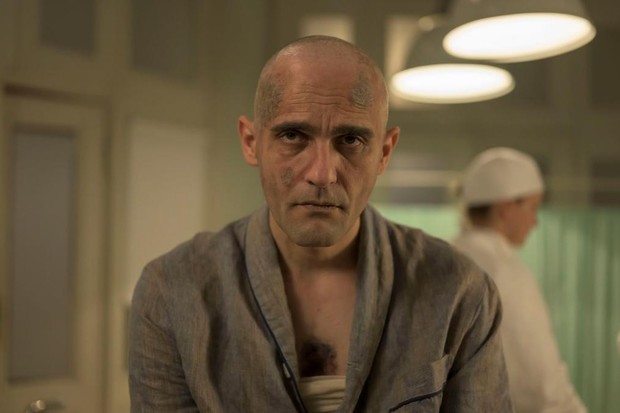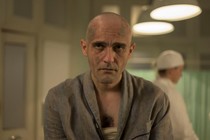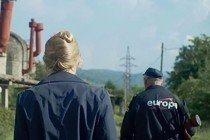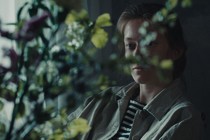Critique : Guardians of the Formula
par Mariana Hristova
- Le cinéaste serbe Dragan Bjelogrlić propose un drame scientifique bien construit qui dévoile des événements historiques peu connus

Cet article est disponible en anglais.
Based on Goran Milašinovićm’s novel Vinča Case, which was inspired by a true story, Guardians of the Formula [+lire aussi :
bande-annonce
interview : Dragan Bjelogrlić
fiche film] has just been presented in the Piazza Grande competition of the Locarno Film Festival and adequately fits in with the concept of the section, designed to show contemporary, timely auteur cinema to wider audiences. With a plot disclosing a secret nuclear mission that took place in Yugoslavia in the 1950s, during the Cold War, the film indirectly refers to the current climate of history repeating itself and looming atomic warfare threats. In parallel with this, it is also a deftly scripted psychological thriller with intensifying suspense that grabs one’s attention while also being eloquently descriptive about the turbulent political-historical context in which the events take place.
Within the first two minutes, the storytelling gets right to the point – the work of renowned Parisian doctor Mathé (Alexis Manenti) from the Curie Institute is interrupted by the arrival of a Yugoslav state aeroplane with irradiated scientists on board, led by Professor Popović (Radivoje Bukvić). They were poisoned through their investigations into creating an atomic bomb, leaving Mathé outraged at having to help people whose work has been spreading the fear that the world could be wiped out at the touch of a button. Nevertheless, his humanistic personality leads him to treat them by conducting an experiment, since no cure has yet been invented. Amidst an atmosphere of verbal hostility and mutual mistrust – prompted by the fact that doctor and patients come from different sides of the Iron Curtain, and their communication is rife with the tension of each party’s political discourse – Mathé takes a revolutionary step and conducts bone-marrow transplants with an unclear outcome. Meanwhile, the contact between representatives of the two conflicting Cold War parties proves that good and evil have their nuances, and that people are not mere avatars of ideas or political views. Life is always more complex than that, seems to be the subtext.
In the film’s credits, we see the subtitle Chain Reaction, which on one hand refers literally to the chain of crucial, interrelated events reflected by the script, and on the other suggests an additional meaning. In case it had not been spotted by viewers, this is verbally expressed at the very end: more important than the successful healing of the irradiated scientists and the salvation of a single existence is making a sacrifice for the common good. Following the events depicted on screen, the Yugoslavian atomic-bomb project was suspended for good, while transplanting bone marrow in humans was established as a practice that would later combat leukaemia. Hence, the nuclear experiment did lead to some positive consequences after all. The film’s major flaw is precisely this explanatory tone, which reaches its peak at the end and deprives the audience of the chance to draw its own, nuanced conclusions. Nevertheless, Bjelogrlić’s confident directing, DoP Ivan Kostić’s pale palette (matching up adequately with the hospital-laboratory environment) and the solid acting performances all contribute to making this a fully fledged cinematic experience.
Guardians of the Formula was produced by Serbia’s Cobra Film in co-production with Serbia’s Ton Film, Slovenia’s Perfo Production, Montenegro’s Bitter Frames Production and North Macedonia’s Skopje Film Studio.
(Traduit de l'anglais)
Vous avez aimé cet article ? Abonnez-vous à notre newsletter et recevez plus d'articles comme celui-ci, directement dans votre boîte mail.




















